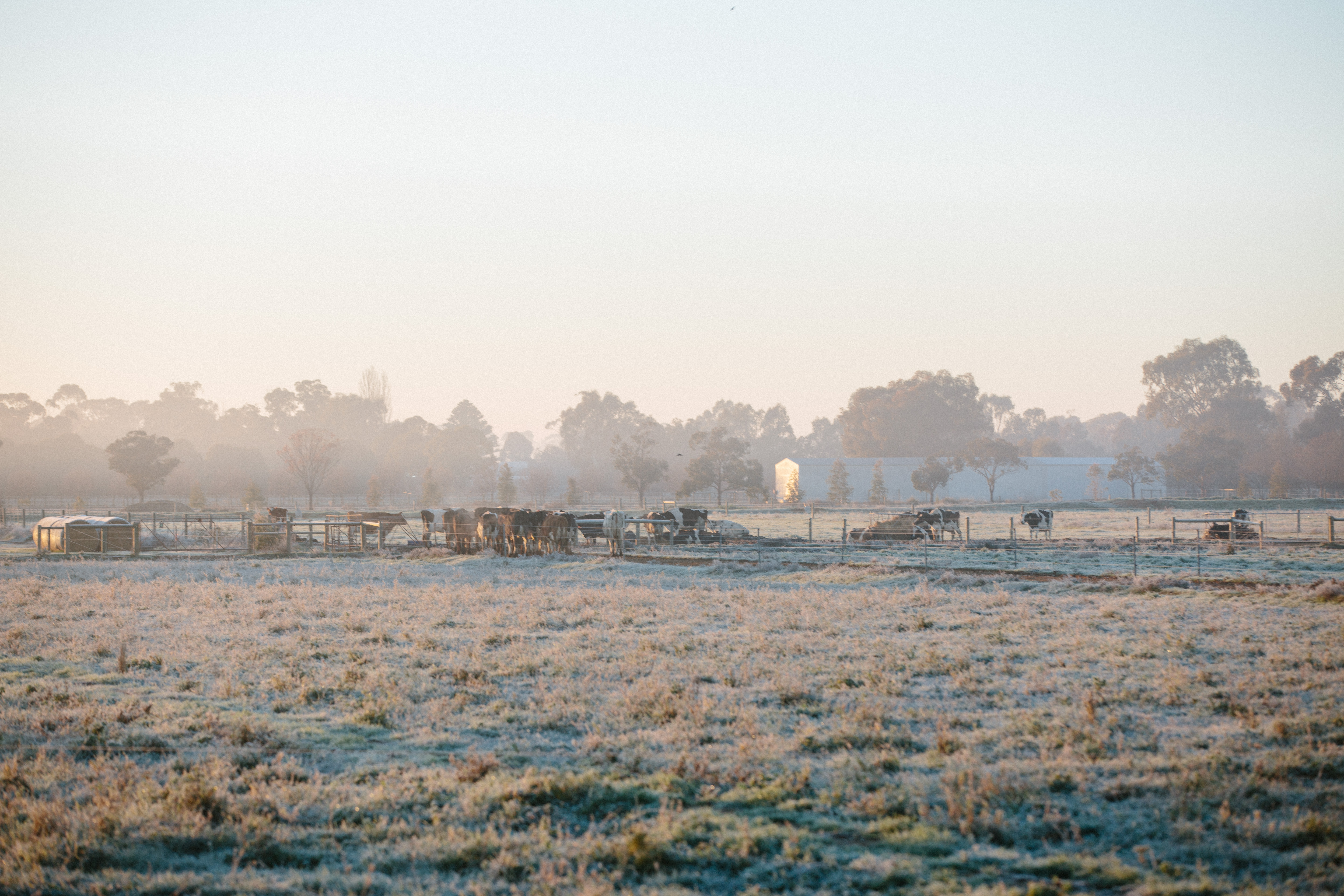By Heather Webb
Agriculture’s role in climate change has come under intense scrutiny in recent times. While there is undoubtedly work to be done in improving the industry’s environmental footprint, much of the debate has failed to highlight the positive contribution agriculture can have in helping reduce emissions.
Following the publication of the Committee on Climate Change’s Net Zero report, the government has announced the UK should aim for net zero emissions by 2050.
As part of that goal, it said we should be reducing diet-related emissions by eating less beef, lamb and dairy, and encouraging afforestation of land currently used for farming would help meet these targets.
There is no doubt that farming has to take its responsibility in the climate change challenge seriously by delivering reductions in GHG emissions. However, in responding to the CCC report, the government hugely underestimates the positive role farming could have in helping achieve net zero targets.
Closed-loop systems
Although farming may be an emitter of greenhouse gases, the fact it is one of the few industries that is a truly circular or closed-loop system means it has the potential to offset emissions.
For example, by returning nutrients and organic material produced by livestock back to the soil, nutrient and carbon levels are preserved. Grassland itself is a hugely valuable carbon sink and is a bigger sequester of carbon than temperate rainforests.
This means that farming systems have a significant role to play in absorbing greenhouse gases and helping address climate change.
However, to make positive strides towards reducing and offsetting emissions, some farmers may have to embrace change and make environmentally friendly practices the new norm.
As soils represent a significant carbon ‘sink’, managing them to reduce carbon losses into the atmosphere is a must. This could involve avoiding leaving soils bare and direct drilling, rather than cultivating.
Applying organic manure and avoiding the use of artificial fertilisers can also help to reduce emissions. For example, nitrous oxide produced by fertiliser used in the livestock sector accounts for 17–18% of GHG emissions (Promar data).
Net zero planning
Ultimately, management strategies will vary from farm to farm, depending on individual farm soil type and situation. However, it’s essential every farm business finds its own ‘net zero plan’.
Many farmers are already adopting practices to offset greenhouse gas emissions. However, this is a strategy that must be adopted by every farmer and every industry.
To encourage this transition more quickly, we need new initiatives and alternative investment funds or means for levering money from banks and financial markets.
The CCC report appears to recognise this, suggesting that policy will need to support development and deployment of removals by providing financial incentives, and that financial payments in the UK Agriculture Bill should be linked to actions to reduce and sequester emissions to take effect from 2022.
Ultimately, the UK needs to lead the way and show how a net zero approach is achievable and can be delivered on a global scale. And I believe farming can be at the forefront of the charge.







